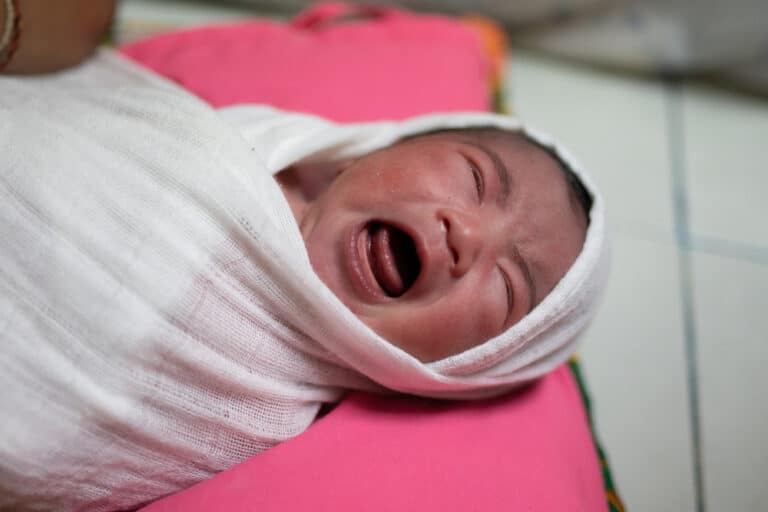The Tragic Loss of Kelli Tyler: A Reminder of Childbirth’s Risks
Despite significant advancements in medical science, childbirth remains fraught with risks. For one Oklahoma family, a rare complication led to a devastating loss. Kelli Tyler, a young mother eagerly anticipating the arrival of her fifth child, tragically passed away shortly after giving birth due to an uncommon and life-threatening condition known as amniotic fluid embolism.

A Rare and Dangerous Complication
Kelli’s pregnancy updates on social media reflected her excitement and joy. However, her delivery took a tragic turn when she experienced an amniotic fluid embolism, a condition that occurs when amniotic fluid enters the mother’s bloodstream. This rare complication can trigger severe reactions, including cardiac arrest, uncontrolled breathing, and lung failure, making it incredibly perilous and difficult to diagnose. Symptoms often mimic other serious childbirth-related issues, complicating prompt and accurate identification.

Kelli’s Final Moments
Julie Roach, Kelli’s mother, recounted her daughter’s harrowing final moments. Kelli briefly regained consciousness multiple times before succumbing to another crisis, highlighting the unpredictable and severe nature of the condition. Kelli was giving birth to her daughter, Jalie, at the time, and the potential long-term health effects on Jalie remain uncertain.

Community Support and Fundraising
In the wake of this tragedy, the family has set up a GoFundMe fundraiser to help cover unexpected medical expenses and support the daily needs of the newborn and the family. The outpouring of community support has been a beacon of hope for Kelli’s family during this difficult time.
Raising Awareness
Kelli Tyler’s heartbreaking story underscores the inherent risks of childbirth and the critical importance of raising awareness about rare complications like amniotic fluid embolism. It serves as a poignant reminder of the vulnerabilities women face during childbirth and the need for continuous advancements in maternal healthcare to better diagnose and manage such rare but life-threatening conditions.

